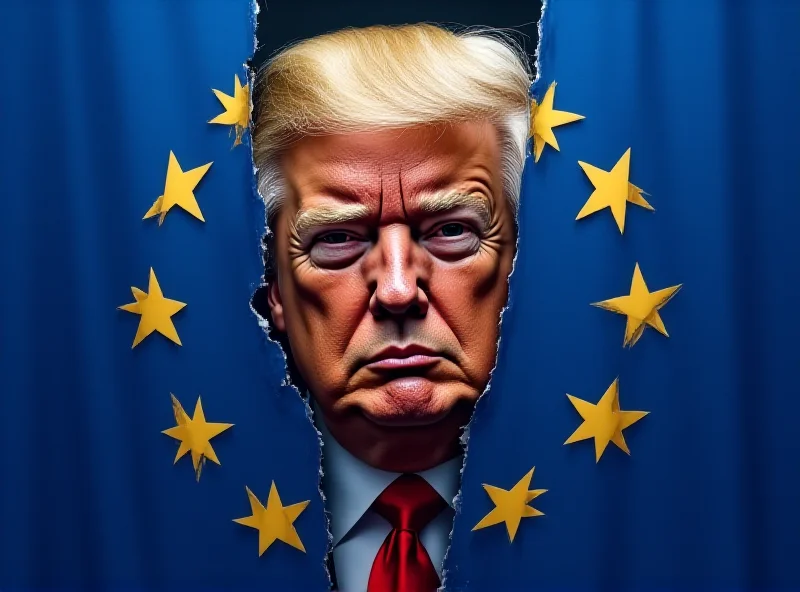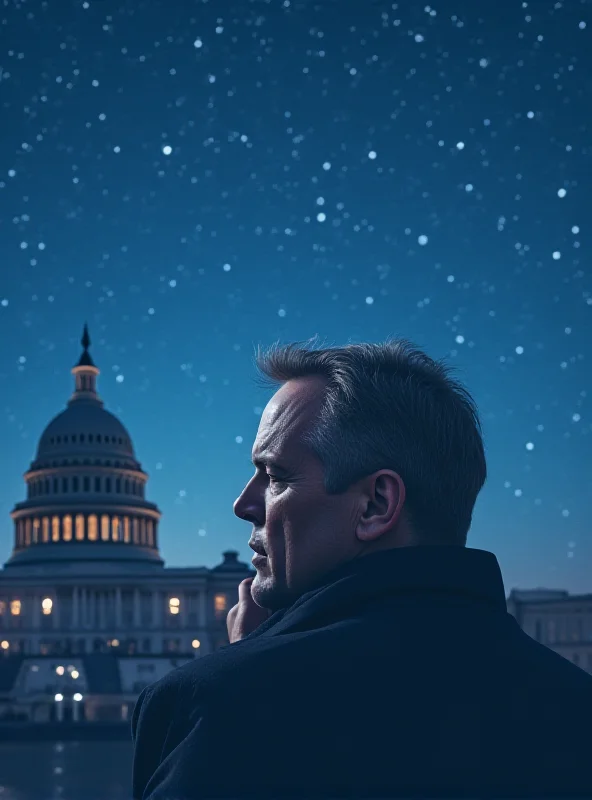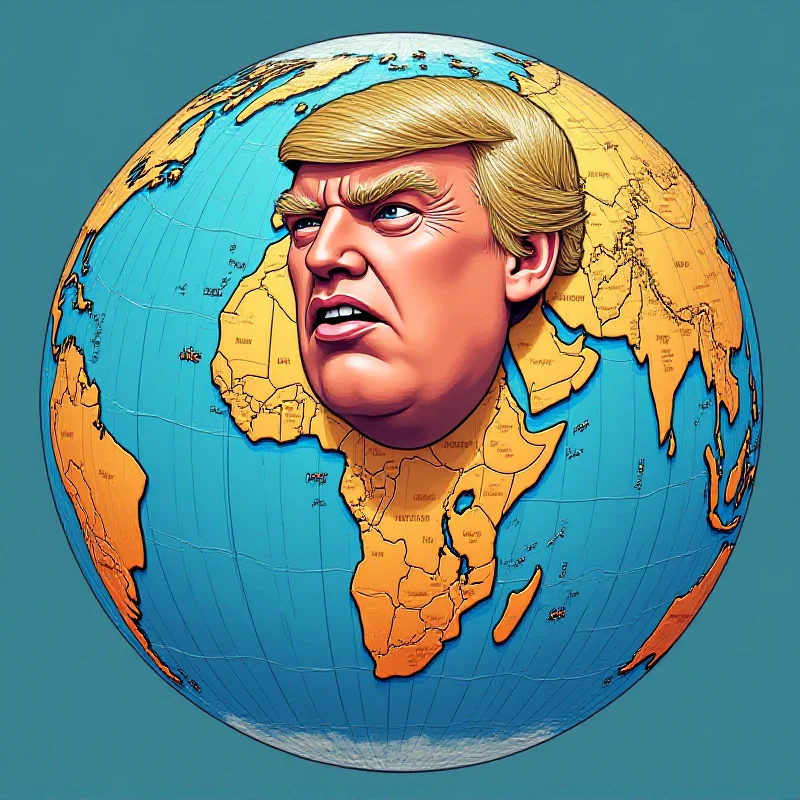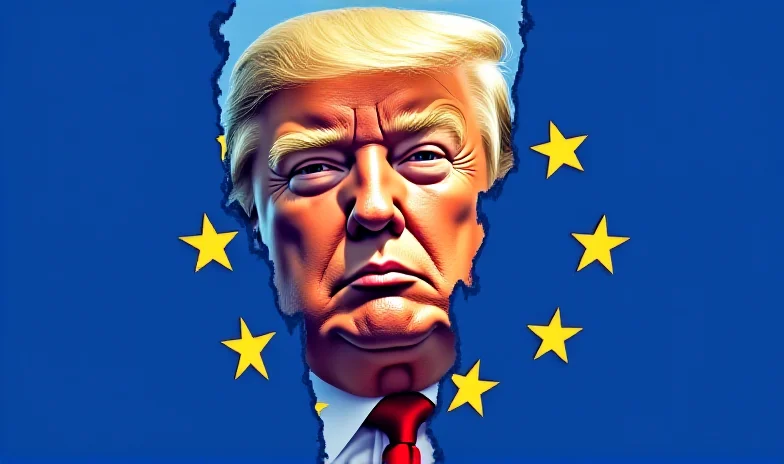The specter of Donald Trump continues to cast a long shadow over global politics, influencing everything from architectural styles to international alliances. His policies and pronouncements are generating debate and concern both within the United States and across the Atlantic, raising questions about the future of diplomacy, security, and even the very definition of national identity.
Architectural Visions and National Identity
One striking example is Trump's promotion of "beautiful civil architecture," outlined in a new Executive Order. This order mandates that federal buildings be designed in a "neoclassical, regional, or traditional" style. But what does "regional" truly mean in a nation as geographically diverse as the United States? Does it adequately represent the vastness and variety of the American landscape, encompassing deserts, plains, and forests across two oceans?

Europe's Response to Shifting Alliances
Beyond domestic policy, Trump's approach to international relations is causing ripples of unease. The potential abandonment of cooperative agreements in favor of "narrow-minded protectionism" has drawn criticism, particularly in Europe. As one article notes, Europe must remain committed to a "culture of consensus" even if the United States chooses a different path. This sentiment reflects a growing concern that traditional alliances are being strained by a more isolationist stance from Washington.
The situation is further complicated by Trump's interactions with figures like Vladimir Putin. His approach has "embittered Ukraine and shocked its partners," raising the fundamental question of whether great powers will dictate the future of war and peace in Europe. Or will the continent finally take charge of its own security and destiny? The stakes are undeniably high.
The "Special Relationship" Under Strain
The UK's "special relationship" with the United States is also facing unprecedented challenges. As one podcast explores, can this long-standing alliance survive Donald Trump? Keir Starmer's visit to the White House comes at a crucial moment, with the future of Ukraine hanging in the balance. "The stakes at the moment could not be higher," says Patrick Wintour, highlighting the precarious nature of the international landscape.

Even figures like Elon Musk are contributing to the political discourse, albeit in a different sphere. By conflating allegations of fraud with legitimate state spending, Musk is legitimizing his campaign against bureaucratic inefficiencies. This approach, while focused on domestic issues, reflects a broader trend of challenging established norms and institutions.
Macron's Confrontation
The tensions in US foreign policy were further highlighted when Emmanuel Macron, during a visit to the United States, felt compelled to interrupt and correct Donald Trump regarding issues related to Ukraine. This public display underscored the differences in perspective and approach between the two leaders, adding another layer of complexity to the already fraught international landscape.

In conclusion, Donald Trump's enduring influence continues to shape political discourse on multiple fronts. From architecture to international alliances, his actions and policies are prompting critical reflection and debate, raising profound questions about the future of the United States and its role in the world.
